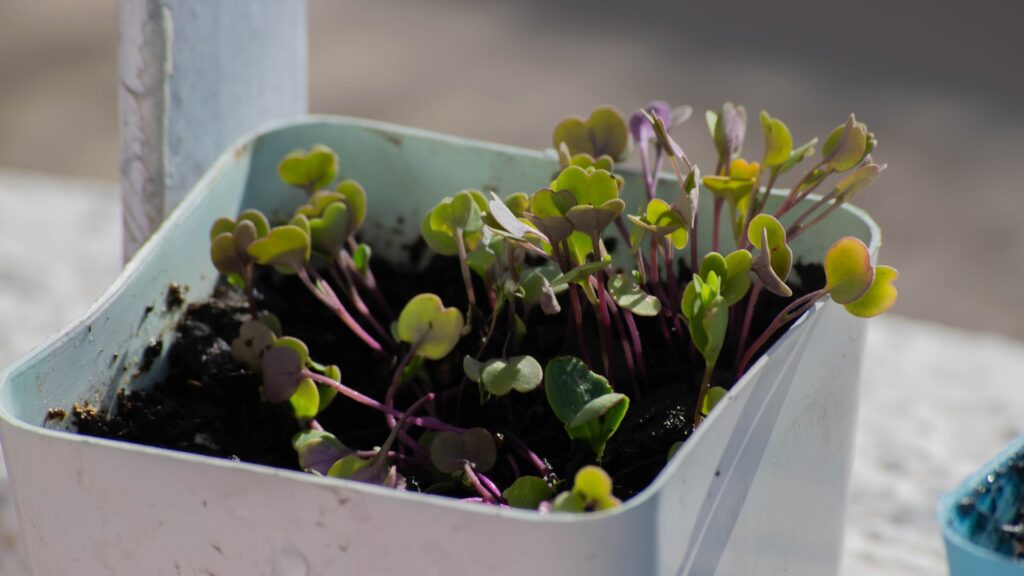Introduction:
Organic gardening is becoming increasingly popular as people strive to lead healthier and more sustainable lifestyles. Whether you have a spacious backyard or a small balcony, cultivating your own organic garden can be a gratifying and enjoyable experience. In this comprehensive guide, we will explore the tips, techniques, and numerous benefits of organic gardening.
1. What is Organic Gardening?
To understand organic gardening, it is essential to first grasp the concept of organic farming. Organic farming eliminates the use of synthetic fertilizers, pesticides, and genetically modified organisms (GMOs), promoting a more natural and sustainable approach to gardening. Organic gardening follows these principles, focusing on nurturing the soil and using natural methods to control pests and weeds.
2. Benefits of Organic Gardening:
– Healthier and Nutrient-Rich Produce: By using organic methods, you can ensure that your fruits, vegetables, and herbs are free from harmful chemicals, making them healthier and more nutrient-rich.
– Environmental Sustainability: Organic gardening practices protect biodiversity, conserve water, and minimize soil erosion, contributing to a more sustainable environment.
– Cost-effectiveness: Organic practices reduce the need for expensive chemical inputs, making organic gardening a budget-friendly option in the long run.
3. Getting Started with Organic Gardening:
– Choosing the Right Space: Whether you have a spacious backyard or only a small balcony, find the ideal spot that receives adequate sunlight and is easily accessible for watering and maintenance.
– Preparing the Soil: Learn the importance of soil preparation, including testing and adding organic matter, to create a healthy and fertile environment for your plants.
– Selecting Organic Seeds and Seedlings: Opt for organic seeds and seedlings to ensure the health and vitality of your garden.
4. Organic Gardening Techniques:
– Companion Planting: Discover how certain plants, when paired, can benefit each other by repelling pests, attracting beneficial insects, or providing shade and support.
– Integrated Pest Management: Learn about natural pest control methods such as introducing beneficial insects, using organic sprays, and practicing crop rotation to manage pests effectively.
– Composting: Explore the incredible benefits of composting, including improving soil structure, retaining moisture, and reducing the need for chemical fertilizers.
5. Organic Gardening Tips and Tricks:
– Water Conservation: Implement water-saving techniques such as mulching, proper watering schedules, and using rainwater harvesting systems to conserve this valuable resource.
– Weed Control: Discover natural weed control methods such as hand-weeding, mulching, and solarization to reduce the growth of unwanted plants without the use of chemical herbicides.
– Seasonal Planting: Understand the importance of seasonal planting to maximize yield and ensure optimal growth for your organic garden.
Conclusion:
Organic gardening offers a multitude of benefits, from producing healthier and tastier produce to contributing to a more sustainable environment. By following the tips, techniques, and advice provided in this ultimate guide, you can embark on a rewarding journey of organic gardening and enjoy the many advantages it brings. Start your organic garden today and reap the rewards of a greener and healthier lifestyle.

